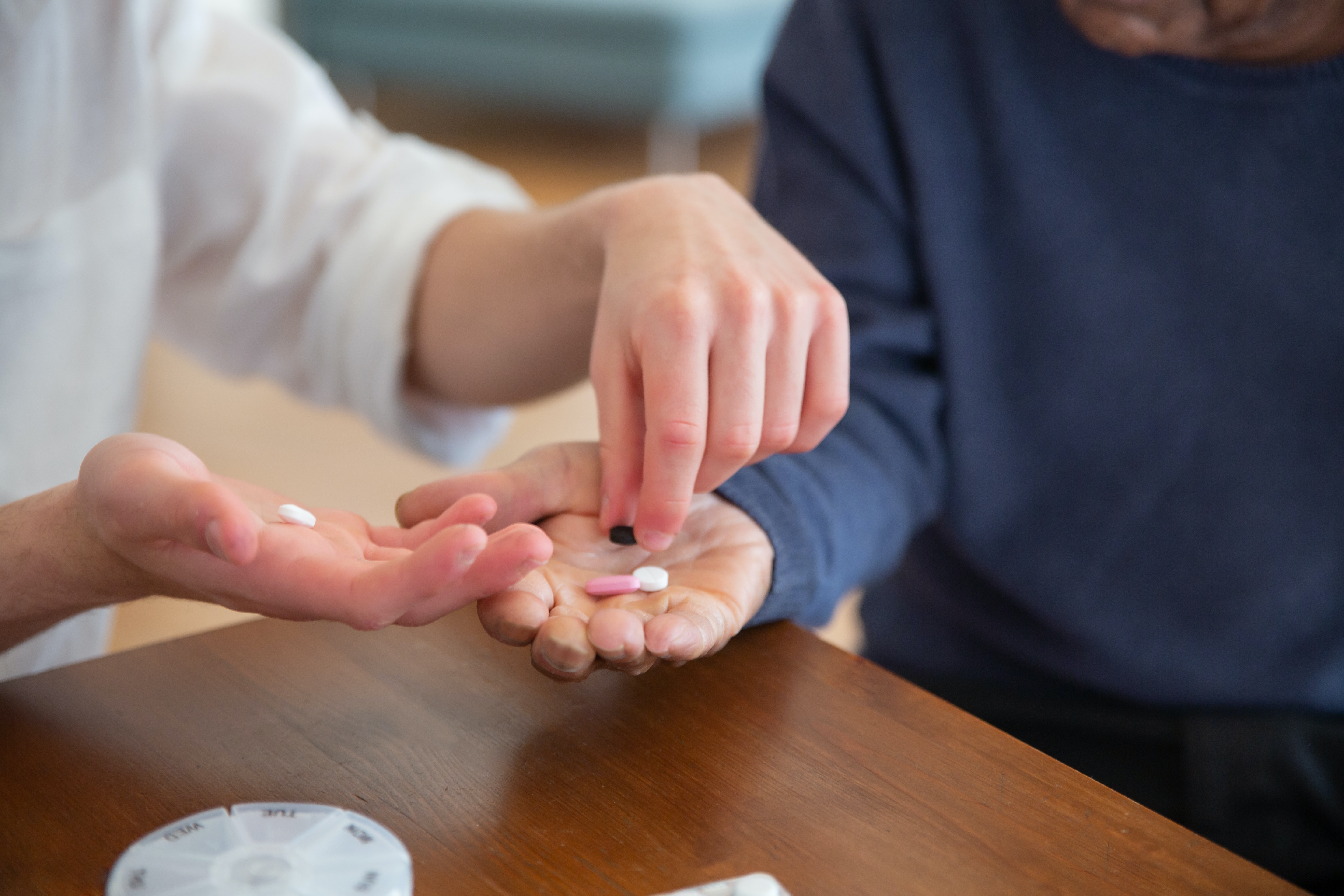Fake or falsified medicines are pharmaceutical products that have been deliberately and fraudulently mislabeled with respect to identity or source. These products can include counterfeit, illegally imported, unregistered, or expired pharmaceuticals. Fake pharmaceuticals are a major concern for the pharmaceutical industry, as they not only pose a risk to public health but also threaten the reputation of legitimate pharmaceutical companies.
Fake drugs often contain active ingredients without sufficient therapeutic value, inactive ingredients of poor quality, incorrect dosages, or none at all. In some cases, they may even be contaminated with toxic substances or contain banned elements such as arsenic, mercury, or lead. As these products are unregulated and untested, there is no guarantee of safety when consuming them which can lead to serious health consequences, even death in some cases.
The pharmaceutical industry has taken great strides to combat the counterfeit drug trade by implementing measures such as adding special packaging or authentication systems to pharmaceuticals and setting up online databases for tracing and monitoring of pharmaceuticals throughout the supply chain. By working closely with healthcare authorities, pharmaceutical companies can also help raise public awareness about the dangers of consuming fake drugs. These efforts have helped to reduce the prevalence of fake drugs over time but there is still much more progress that needs to be made in order to protect public health and ensure pharmaceutical safety worldwide.






